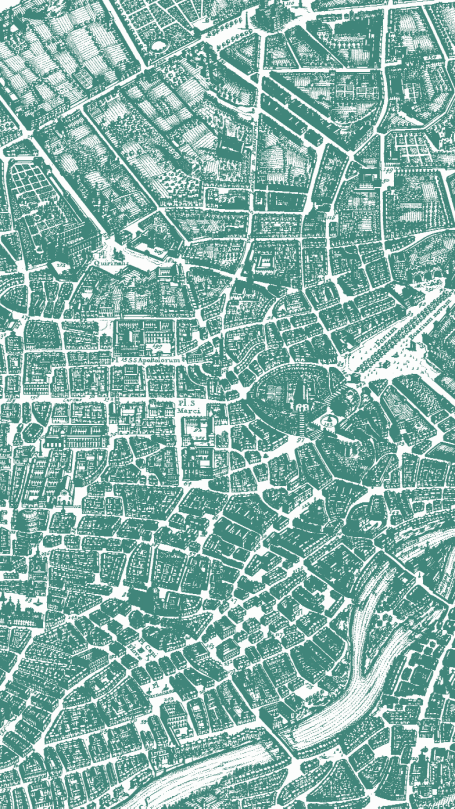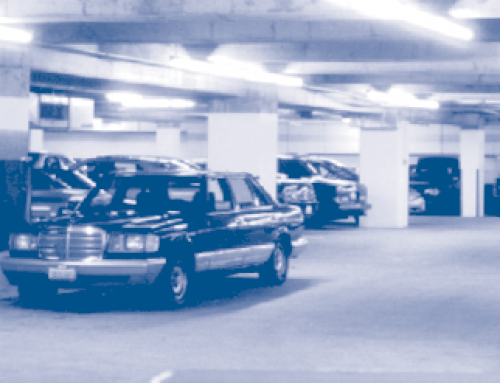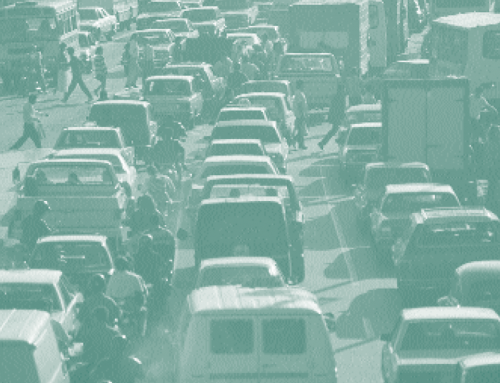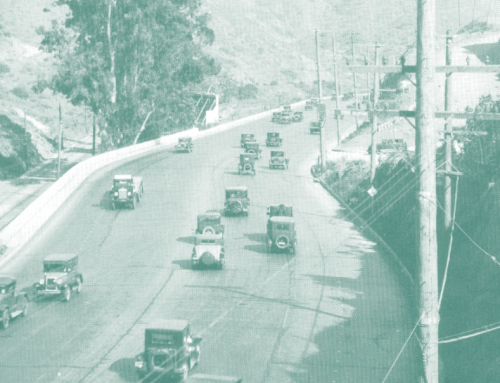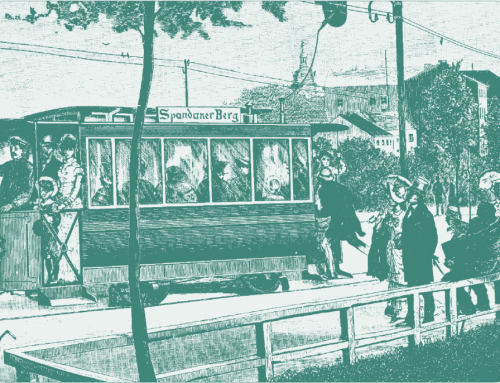Transportation research used to be focused on conventional civil engineering topics. But growing cadres of researchers have been coming to transportation from fields as diverse as psychology, law, city planning, sociology, and mathematics. Having joined the inquiry, they’ve widened it to nonconventional topics and nonconventional approaches.
 Habitual readers of ACCESS are already familiar with Donald Shoup’s idea for reducing traffic congestion. He’s been saying that employers should offer employees the option to choose cash instead of free parking. Shoup is an economist who became intrigued with the hidden but complex ramifications of the automobile parking system. Having doggedly examined its innards, he then invented several pricing and administrative tools for managing traffic demand by managing parking supply.
Habitual readers of ACCESS are already familiar with Donald Shoup’s idea for reducing traffic congestion. He’s been saying that employers should offer employees the option to choose cash instead of free parking. Shoup is an economist who became intrigued with the hidden but complex ramifications of the automobile parking system. Having doggedly examined its innards, he then invented several pricing and administrative tools for managing traffic demand by managing parking supply.
He first persuaded the California Legislature to accept his proposal for cashing out parking subsidies. He then triggered a discussion that engaged officials in the White House and Congress and led to this year’s revision of the US Internal Revenue Code—a revision that accommodates the California law and permits its extension to the rest of the country. A Congressional committee now estimates that this single act will raise federal revenues by $169 million over the next ten years, even as it cleverly also raises individual employees’ incomes.
The original University Centers Program has been costing the federal government only $10 million a year. Shoup’s research alone will be generating revenues of nearly $17 million a year, a very decent return on the government’s investment in this little education and research program. Add the returns from the many other university projects, and we’ll find this program has been an enormously profitable enterprise.
Our research has always been eclectic. That’s no doubt because we engage professors and students from across the academic spectrum. Yet, when he presented the keynote address at the Institute of Transportation Studies’s 50th Anniversary Jubilee here last spring, Wilfred Owen took us to task for being parochially focused on conditions in the US.
He reminded us that most of the world does not enjoy the ease of movement and level of accessibility that we take for granted. He then urged us to do more for transportation in the rest of the world, especially in developing counties handicapped by extreme poverty. We’re reprinting his lecture here, hoping colleagues will read his indictment and heed his mandate.
Many of us are striving to understand the critical roles that transportation plays in development and in the affairs of nations. As with parking, most Americans are so well-served by transportation systems that we accept them as unthinkingly as we accept gravity and the air we breathe—as facts-of-life, as in the nature of things. It’s typically only when the systems perform poorly that citizens become aware of transportation and demand something be done about it.
Like gravity and air, transportation silently surrounds us, always here, and absolutely critical to the course of the economy, our lives, and our welfare. Foods get moved around the world daily and delivered to the local grocery, on time. People are traveling from anywhere to everywhere, in growing numbers and with increasing frequency.
Manufacturing is currently in the midst of a genuine revolution, fueled by innovations that merge transportation and communication into an integrated system that’s hiking productivity throughout the global economy. Companies around the world are becoming specialized economic partners. Although spatially dispersed, they’ve become interlocked makers of components that must get assembled somewhere—and must arrive exactly on time. Transportation is essential to all those industrial and commercial processes and, indeed, to the fundamental workings of modern society. In many places it remains comparatively primitive, however.
Wilfred Owen’s many books report on successful innovations in developed and developing countries alike. They expose usable ideas we can learn from other nations and they from us. With these roadmaps in hand, we must now invite researchers from still other fields to join our explorations and to further broaden our research agendas beyond their currently conventional styles and scopes. We have much to learn, and much more to do.
Melvin M. Webber

